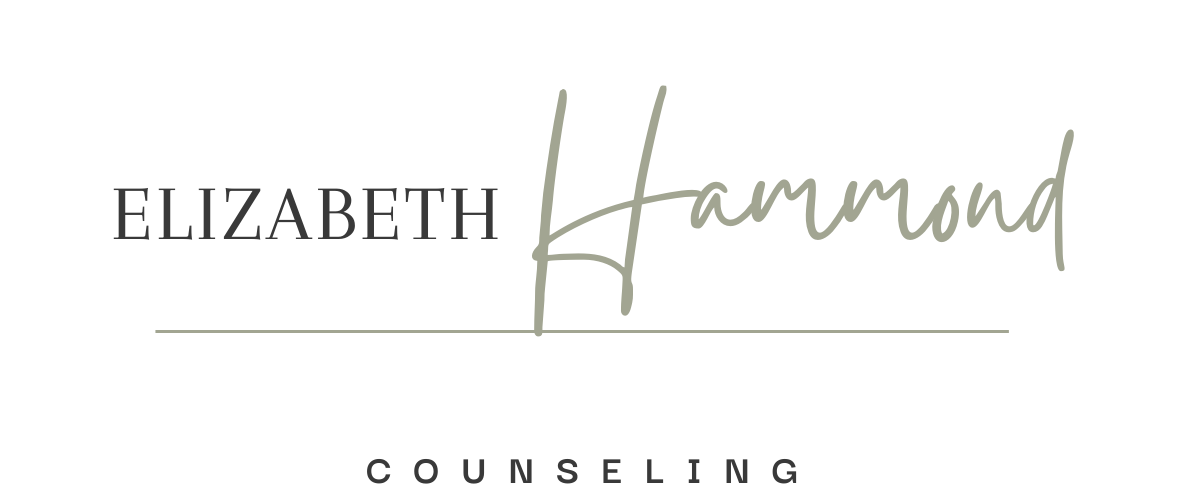How Your Religious Trauma May Be Impacting Your Disordered Eating
While many find hope and purpose in religion, what occurs when a religious experience has a negative impact? As a religious trauma therapist, I frequently encounter clients sharing how religion has affected their lives, particularly in relation to their relationship with food and body image.
If you have a religious upbringing and experience disordered eating, it's important to consider how these two areas of your life may be interconnected.
What is religious trauma?
Religious trauma “occurs when a person’s religious experience is stressful, degrading, dangerous, abusive, or damaging.”
Like most trauma, religious trauma can impact people in different ways. Individuals with religious trauma often struggle with low self-confidence, confusion regarding their faith, feelings of guilt or shame, and anxiety related to their religious experiences. This trauma can stem from abuse, indoctrination, coercion, or humiliation within religious contexts.
Before I go into more details, I want to take a moment to pause and say that you can still be Christian, have faith, and have religious trauma. You can create space for your religious beliefs to exist, while still seeking healing. You do not need to turn away from your faith to benefit from understanding how your trauma impacts your relationship with food and your body. I also want to note, that if you have stepped away from your faith, there is also space for you.
As a religious trauma therapist, I work with people with varying experiences—my role is not to help you choose whether you want to be Christian, my role is to help you develop an internal sense of wisdom and understanding so you can be equipped to navigate your relationship with religion and how it impacts your overall well-being.
How does religious trauma impact disordered eating?
There is a strong connection between trauma and eating disorders because trauma leads to disconnection.
While this looks different based on individual experiences, some of my clients express fear of being “gluttonous” in their recovery, and have negative views around weight gain.
Some individuals assigned female at birth have received messages dictating the ideal appearance of their bodies, often pressuring them to conform to a smaller, more 'feminine' size. Additionally, many women are taught that they are solely responsible for fulfilling their husband's sexual desires, leading to further pressure to maintain a thin physique. Meanwhile, some people assigned male at birth, often feel pressured to be strong or “masculine”, leading to unhealthy food and exercise habits.
People who experienced religious trauma are often pressured to silence their own instincts, or have to silence their instincts to cope, which can also lead to disconnection from the body and eating disorders.
The more you understand your religious trauma, the more you’ll notice how it can impact disordered eating.
How can speaking to a disordered eating religious trauma therapist help?
In addition to restoring your connection to yourself, therapy involves examining, unpacking, and challenging these beliefs.
If you’re seeking support from a disordered eating therapist who specialized in religious trauma, I can help. I’m passionate about creating safe spaces for people to unpack their experiences while developing strategies to heal.
If you’re in MA, RI, VT, or VA, and seeking support, I’d love to hear from you. Together, we can help you better understand how religious trauma is impacting your disordered eating and what you need to do to be a healthier and happier you.


